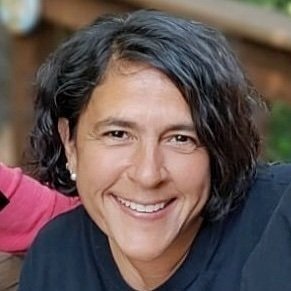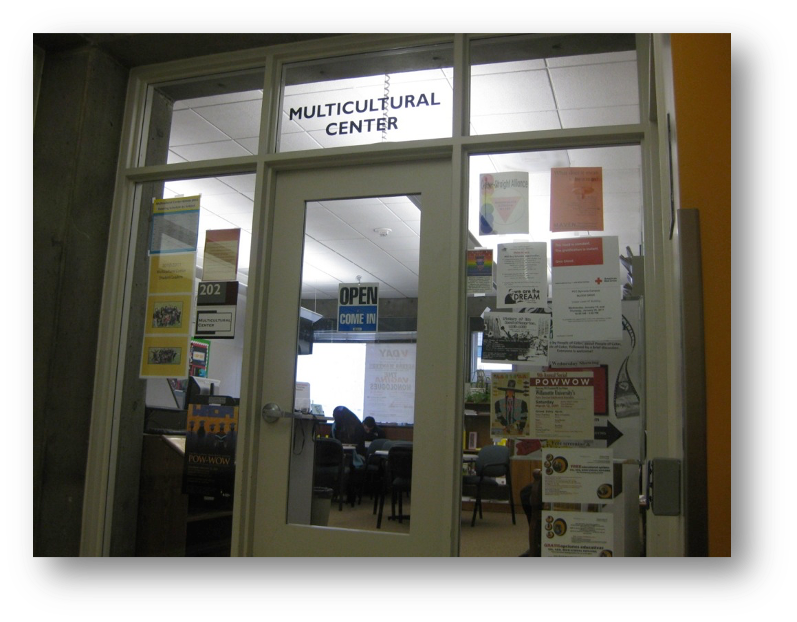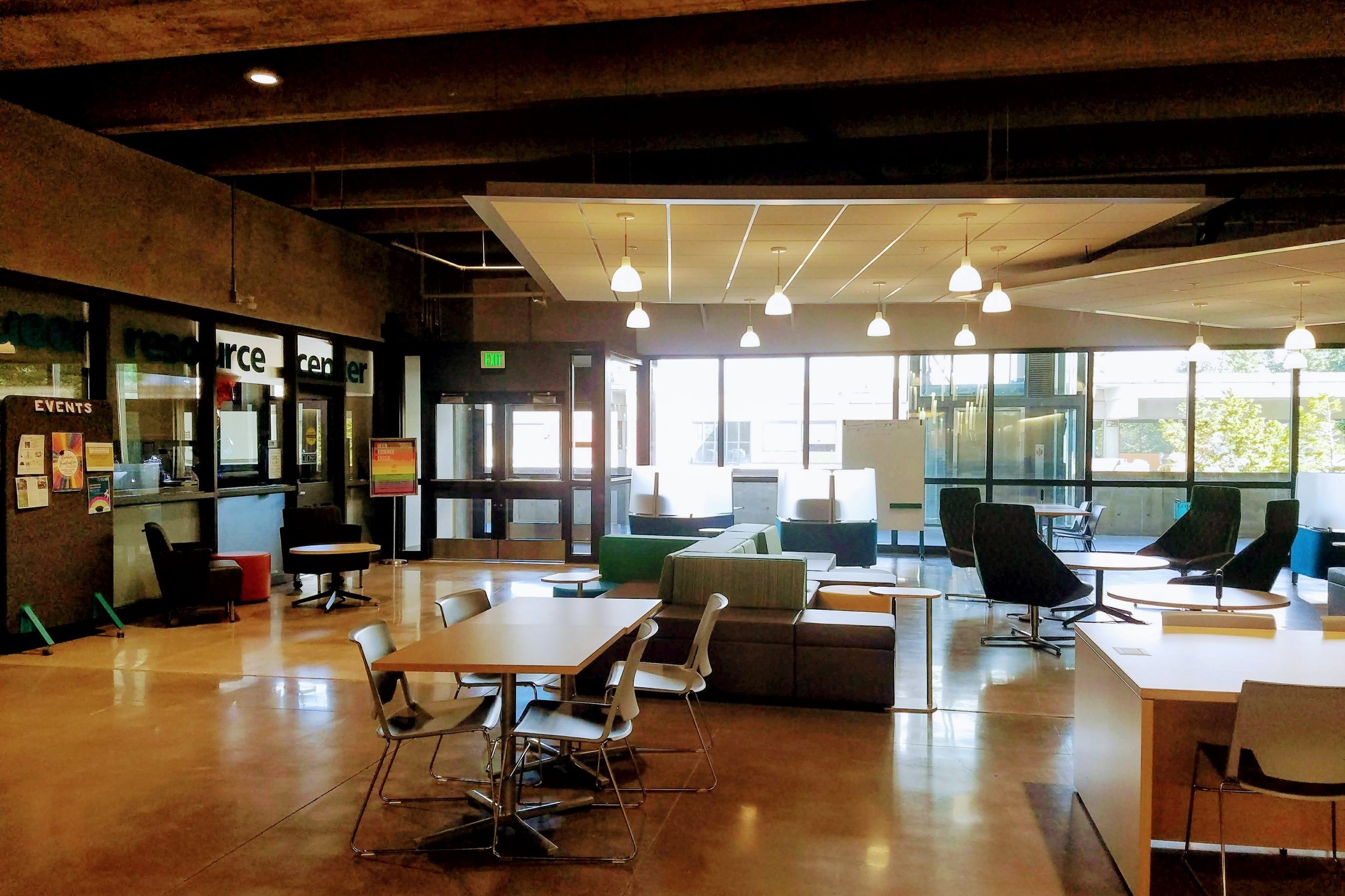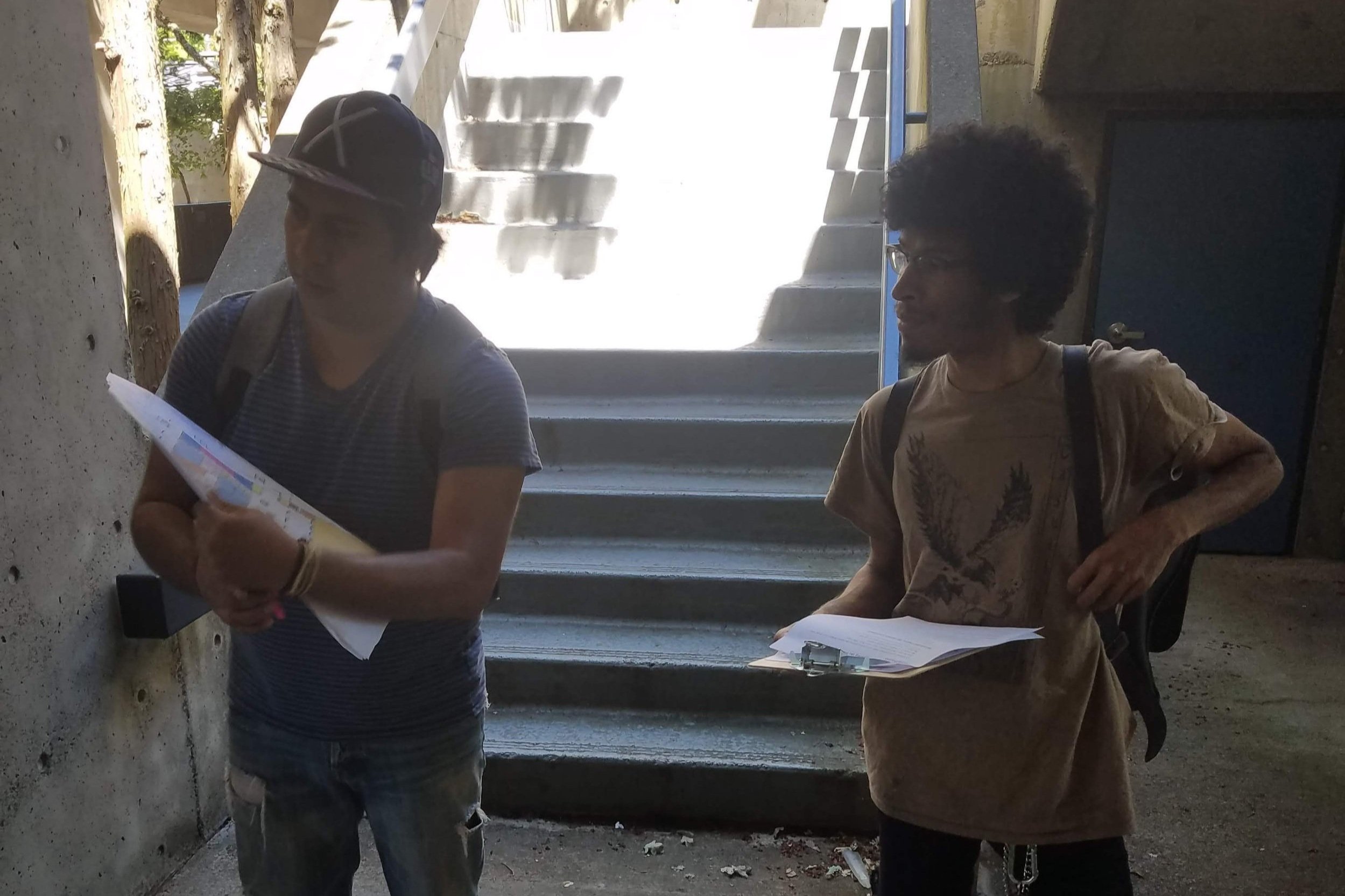About Me
I grew up in a multi-cultural, multi-ethnic (Cuban, Puerto Rican, Venezuelan, English, and Scottish) family in which my grandparents’ diverse paths converged in New York City. My parents were first-generation college students and both chose careers in education. I was raised in Tampa, Florida by a village of educators - high school teachers, special education teachers, school administrators, and college professors - that instilled in me a love of learning, teaching, and social justice. They taught me to pay attention to power, to recognize that sources of inequity were often concealed, and to believe social change was possible. My background and experience is the source of my passion for social justice.
For over 25 years my work in and with communities of color has been informed by popular education, critical theories, and participatory action research. As an educator, I have worked within multiple learning spaces and with multi-faceted communities including: youth and adults in community-based action-oriented programs, students in community college, undergraduate, and graduate school; and educational leaders, faculty, and staff in professional development programs. I have taught undergraduate and graduate courses with a focus on identity, power, and social change and facilitated praxis-oriented workshops on community engagement, applied critical theories, and equity-driven and CRT-informed design approaches to social change.
Community Organizing
In my early training and experience, popular education, critical theories of power, and participatory action research were central to my work as a youth organizer and in my role as the Director of Sisters in Action for Power – a community based organization dedicated to support the collective leadership of middle- and high-school girls of color to take direct action on local issues affecting their families, schools, and neighborhoods.
Student leaders analyzed community problems, researched meaningful solutions, engaged in collective action, met with public officials, and instituted local policy change. Between 1996 and 2008, young women and girls organized issue-campaigns focused on gender violence in public schools, accessible public transportation for K-12 students, gentrification, and the negative impact of No Child Left Behind.
Education Equity
In 2010, my commitment to equity and inclusion expanded into education. As Portland Community College (PCC) Multicultural Center Director, Diversity Council Coordinator, and Co-coordinator of the Teaching and Learning Center, I applied critical theories and social justice pedagogies to design and coordinate student retention and leadership programs, college-wide educational programming, and district equity-initiatives. I used popular education, critical theory, and participatory action research to design an academic and leadership program for students of color.
Student leaders collectively identified and investigated campus climate issues, compiled and analyzed data, and presented findings along with their recommendations for institutional change to educational leaders. Student-led inquiry efforts served as a retention strategy while simultaneously working to create a more inclusive campus climate and promote education equity.
In 2015, I went back to school to pursue a doctoral degree in Cultural Foundations of Educational Studies to develop a broader research and praxis-oriented framework through which to examine systems of inequities and strategies for social justice in communities and education.
critical race spatial practice
In 2017, my work took a “spatial turn” when I partnered PCC’s Office of Planning and Capital Construction to introduce and use critical race theory (CRT) as an equity-based approach to planning and design as part of a five-year strategic initiative to advance diversity, equity, and inclusion (DEI).
Based on my research and practice, I developed a critical race spatial lens as a theoretical and praxis-oriented framework and coordinated a participatory action research program to support student engagement. This project also became the focus of my dissertation study.
Space Matters 2018 student engagement project supported a cohort of 25 PCC students of color from across the district to participate as co-researchers in a critical race spatial analysis of campus space and institutional practices.
Through this district-wide initiative, I worked with students, college administrators, architects, faculty, and staff to examine ways in which educational settings reproduce inequities and at the same time explore how new practices in planning and design can advance equity and inclusion.
Findings and insights generated from student participants in Space Matters informed a set of recommendations and new institutional practices for inclusive outreach, authentic engagement, and activating college space in service to equity. PCC’s Office of Planning and Capital Construction continues to practice CRT-informed approaches.
Since 2018, I have partnered with Portland Public Schools, Portland State University, Seattle Public Schools, Multnomah County Libraries, and Oregon Health & Science University to introduce and support the use of equity-driven, CRT-informed, and community-engaged approaches in planning and design projects.
My Ph.D. in Cultural Foundations of Educational Studies builds upon a M.S. in Educational Leadership and Policy, a graduate certificate in Teaching Adult Learners, a B.A. in Sociology, and a minor in Women’s Studies.










